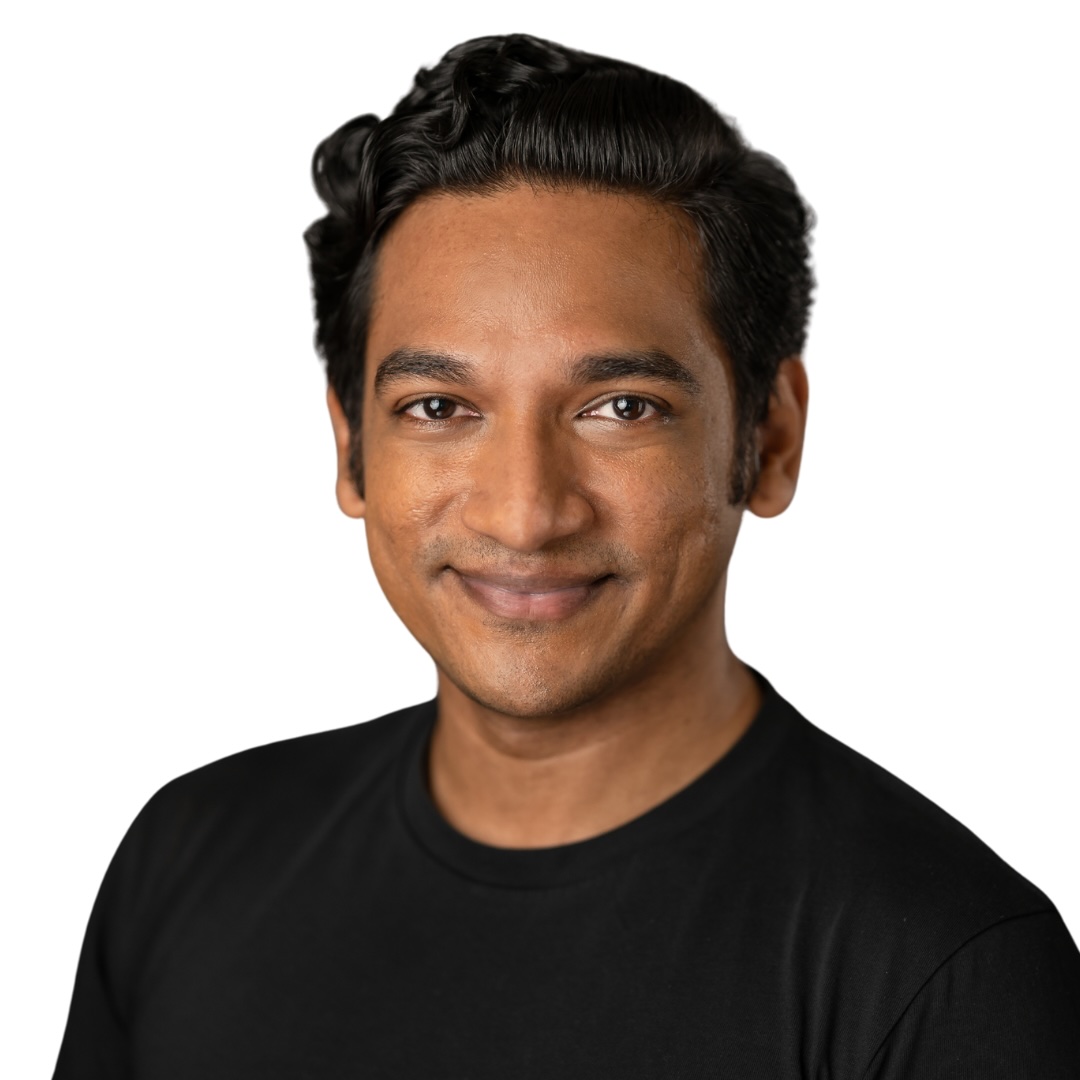2025 Student Mobility Program Training Winners
SDGs@UofT is pleased to announce the recipients of the 2025 Student Mobility Training Program.
The Sustainable Development Goals (SDGs) Student Mobility Training Program aims to support top graduate students to conduct interdisciplinary research that advances knowledge and action on the United Nations’ 17 Sustainable Development Goals. The program seeks to provide opportunities for graduate students to work on research projects outside of their home discipline. Graduate students (master’s and PhD students) will work under the supervision of faculty fellows and affiliates with the SDGs@UofT Institutional Strategic Initiative (ISI) at institutions around the world.
Awarded Projects
Zeyuan Wang, PhD, Dalla Lana School of Public Health

Exploring How Indigenous Khzakh, Karakalpak, and Uzbek Groups Co-evolved Climate Adaptation Strategies to Mitigate Food Insecurity Based on Traditional Knowledge During the Drying Up Process of the Aral Sea in Moynaq, Karakalpakstan, Uzbekistan
Supervisor: Kenneth MacDonald
The Aral Sea, once the world’s 4th largest lake, has shrunk by 90% since the 1960s, leading to severe food insecurity in Karakalpakstan, home to Uzbek, Karakalpak, and Kazakh peoples. Various strategies have been proposed to address food insecurity, However, there is limited documentation on how these three groups used traditional knowledge to adapt to these challenges.
To understand how the three ethnic groups (Karakalpak, Kazakh, and Uzbek) mitigate food insecurity during the drying process of the Aral Sea based on their traditional knowledge in Karakalpakstan, the current study will use qualitative interviews and the Diffusion of Innovation Theory to explore how these three ethnic groups perceive food insecurity, mitigate food insecurity caused by climate changes, and how were the adaptation strategies generated, disseminated, and adopted. Seminars, Academic Publications, Community Brochures, Traditional Media and Social Media, and Policy Impact will be used for knowledge mobilization.
The long-term climate changes and adaptation practices in Karakalpakstan will deepen the understanding of how to utilize traditional knowledge in climate adaptation and indicate interventions for SDGs 2, 3, and 13. The project is aligned with “Establishing Transition Pathways for Sustainability” and is relevant to Indigenous health and marginalized and vulnerable populations.
Olivia Doggett, PhD, Faculty of Information

Worker-led Just Transition Frameworks for Transnational Agricultural Labour: Bridging Environmental and Labor Justice in Mexico-Canada Agricultural Systems
Supervisor: Matt Ratto
This research examines the intersection of agricultural sustainability transitions and transnational labor equity by developing worker-centered just transition frameworks for temporary migrant workers in Canadian horticulture. While Canada pursues ambitious climate goals through agricultural modernization, current just transition strategies fail to account for the complex realities of temporary migrant workers who navigate multiple agricultural contexts between their home and host countries. Through multi-sited ethnographic fieldwork conducted in Leamington, Ontario and farming communities in Oaxaca and Veracruz, Mexico, this project analyzes workers' experiences, skills, and desired transformations to inform more equitable approaches to agricultural sustainability transitions. Using feminist standpoint theory and participatory methods, the research will synthesize fieldwork data with just transition literature to create actionable recommendations that reflect the transnational nature of contemporary food systems. The project addresses multiple Sustainable Development Goals (SDGs) - Decent Work and Economic Growth (SDG 8), Reduced Inequalities (SDG 10), and Climate Action (SDG 13) - while advancing theoretical understanding of how just transition frameworks must evolve to support workers across borders. In partnership with labor organizations, this research will produce bilingual resources and policy recommendations to support more equitable pathways toward agricultural sustainability.
David Puvaneyshwaran, PhD, Factor-Inwentash Faculty of Social Work

Exploring LGBTI Inclusion Through Qualitative Research: Refining Indicators for Equity in Singapore and Thailand
Supervisor: Peter A. Newman
Sexual and gender minorities globally face systemic barriers that hinder equitable access to education, healthcare, and economic opportunities, adversely impacting individual well-being and perpetuating social inequities. This study explores the experiences of inclusion and exclusion among LGBTI individuals in Singapore and Thailand, aiming to refine culturally responsive indicators aligned with the UNDP LGBTI Inclusion Index framework. Grounded in the objectives of the SSHRC-funded MFARR-Asia project, the research directly addresses SDG Thematic Area 2, focusing on measuring progress towards inclusivity.
Adopting a qualitative approach, the study employs semi-structured interviews with community stakeholders and experts in Singapore and Thailand (n=30) to gather nuanced insights into LGBTI inclusion across domains such as health, education, economic security, and personal safety. Thematic analysis, supported by ATLAS.ti software, will guide the interpretation of findings. Collaborations with MFARR partners in Thailand and Singapore will ensure the indicators are contextually relevant, capturing socio-political and cultural dimensions of inclusion.
The study’s findings will contribute to refining the LGBTI Inclusion Index for use in diverse contexts, enabling evidence-based policymaking that supports equitable progress. By advancing understanding of LGBTI experiences and improving measurement tools, the research promotes the creation of inclusive policies aligned with the UN’s 2030 Agenda for Sustainable Development.
Noshin Karim, PhD, Department of Mechanical and Industrial Engineering

Can solar-powered UV-LED provide sustainable RO-treated drinking water for remote communities?
Supervisor: Amy Bilton
Escalating global water scarcity highlights the critical need for sustainable desalination technologies and wastewater treatment solutions. Reverse osmosis (RO), including photovoltaic-powered systems (PVRO), has become a predominant choice in achieving these goals and realizing Sustainable Development Goal (SDG) 6 in off-grid communities. While inorganic scaling has been widely studied, biofouling remains a persistent challenge for PVRO, reducing system performance and increasing operating costs. Most biofouling analysis techniques in literature are classified as ex-situ. Despite their importance, real-time assessment of biofouling growth on RO membranes can provide new insights, leading to breakthroughs on the effectiveness of different mitigation strategies. Thus, the goal of this research is to develop a RO visualization flow cell for in-situ observations of biofilm growth using confocal laser scanning microscopy (CLSM). In compliment to this, we are also analysing the effect of UV-LED pre-treatment on biofouling growth as a mitigation measure in off-grid PVRO applications.
Florence Udenby, PhD, Department of Civil & Mineral Engineering

Sustaining and Scaling Safe Continuous Water Supply in Indian Cities
Supervisor: David Meyer
This interdisciplinary research will assess the sustainability of Puri’s DfT project and identify transferable lessons for scaling the initiative nationally. Key objectives include identifying challenges threatening sustainability and examining governance shifts’ implications for program outcomes. Findings will inform evidence-based critiques of DfT’s scalability while being disseminated through established water policy networks. By addressing key gaps, this study seeks to strengthen the sustainability and impact of efforts to improve the water supply for 400 million people over the next two years.
